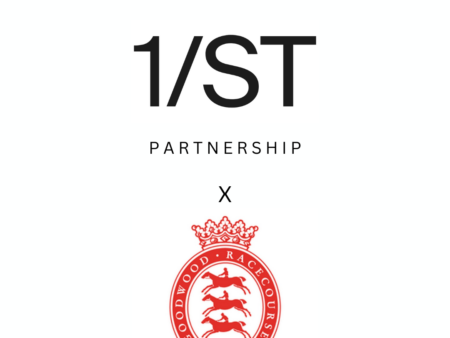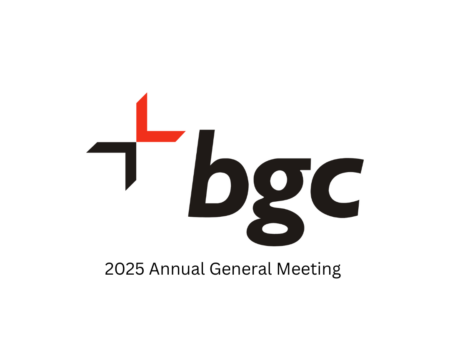Yggdrasil Gaming, a prominent provider of gaming software, has found itself in the spotlight due to allegations of supplying gaming software to an entity lacking the requisite Swedish licence. This violation has prompted regulatory action from the Swedish Gambling Authority (SGA), resulting in a warning and a substantial penalty fee.
The Regulatory Landscape
The regulatory action against Yggdrasil Gaming stems from the implementation of the Gambling Act, which mandates that any entity involved in the production, provision, installation, or modification of gaming software for commercial online gambling must hold a valid licence. This regulatory requirement aims to enhance oversight and deter illicit gambling activities by ensuring that unlicensed operators cannot engage with suppliers providing gaming software to licensed operators in Sweden.
Allegations and Investigation
Following an investigation into several websites operated by entities lacking Swedish gaming licences, the Swedish Gambling Authority identified Yggdrasil Gaming as a supplier to one such unlicensed operator. Subsequently, the authority initiated an inspection of Yggdrasil to ascertain the extent of its involvement and compliance with regulatory requirements.
Penalties and Consequences
As a result of the alleged violation, Yggdrasil Gaming has been issued a warning and imposed a penalty fee totaling SEK 300,000 ($28,371). These penalties serve as a stark reminder of the importance of compliance with regulatory requirements in the gaming industry.
Collaboration for Integrity
Amidst these developments, it is worth noting the collaborative efforts between the Swedish Gambling Authority and the International Betting Integrity Association (IBIA). The partnership aims to bolster sports betting integrity and combat suspicious betting activity in the world of Swedish sport.
The Regulatory Action in the Gaming Industry
The regulatory action against Yggdrasil Gaming underscores the significance of compliance with regulatory requirements in the gaming industry. The penalties imposed serve as a deterrent against violations, emphasizing the importance of adherence to licensing regulations. Moving forward, collaboration between regulatory authorities and industry stakeholders will play a crucial role in ensuring transparency and integrity in the gaming landscape.
FAQS About Yggdrasil Penalty from SGA
1. What is the significance of the regulatory action against Yggdrasil Gaming?
The regulatory action highlights the importance of compliance with the Gambling Act in Sweden and underscores the need for licensed operators to adhere to regulatory requirements.
2. What penalties were imposed on Yggdrasil Gaming for its alleged violation?
Yggdrasil Gaming was issued a warning and imposed a penalty fee totaling SEK 300,000 ($28,371) for its alleged violation of supplying gaming software to an entity lacking the requisite Swedish licence.
3. How does the Gambling Act aim to enhance regulatory oversight in Sweden?
The Gambling Act mandates that any entity involved in the production, provision, installation, or modification of gaming software for commercial online gambling must hold a valid licence, thereby enhancing regulatory oversight and deterring illicit gambling activities.
4. What was the outcome of the Swedish Gambling Authority’s investigation into Yggdrasil Gaming?
The Swedish Gambling Authority identified Yggdrasil Gaming as a supplier to an unlicensed operator and initiated an inspection to ascertain the extent of its involvement and compliance with regulatory requirements, ultimately resulting in the issuance of a penalty.
5. What collaboration took place between the Swedish Gambling Authority and IBIA?
The Swedish Gambling Authority and IBIA signed a memorandum of understanding to bolster sports betting integrity, agreeing to share information concerning suspicious betting activity in the world of Swedish sport.
6. What are the broader implications of the regulatory action for the gaming industry in Sweden?
The regulatory action serves as a reminder of the importance of compliance with regulatory requirements and underscores the need for licensed operators to ensure that their suppliers hold valid licences, thereby promoting transparency and integrity in the gaming industry.


















